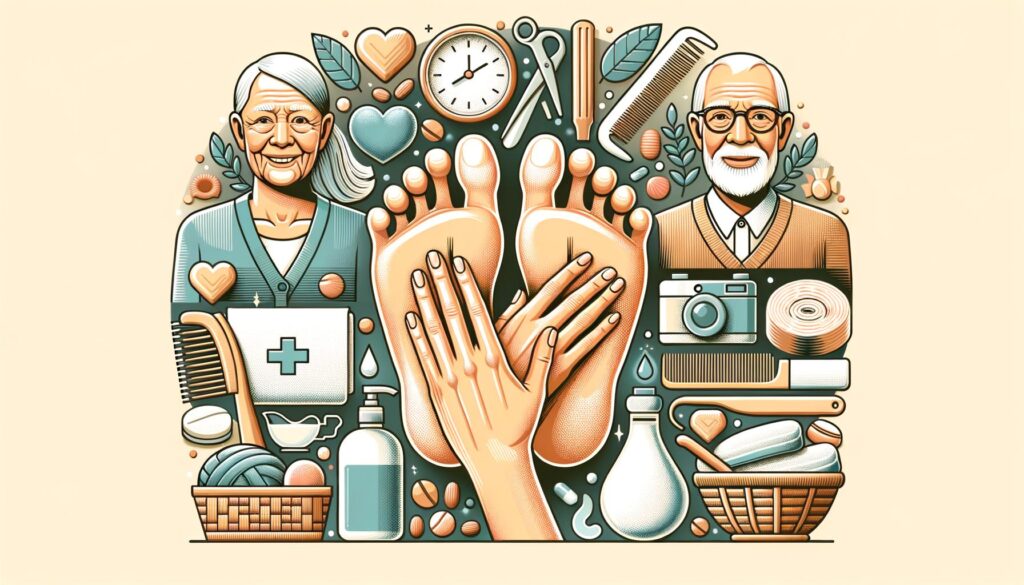Caring for Your Feet: Essential Tips for Seniors

The Importance of Footcare for Seniors
Aging brings about various changes in the body, and the feet are no exception. For seniors, footcare is crucial, not just for comfort, but also for preventing potential health issues. Healthy feet can significantly contribute to maintaining mobility, which is essential for independence and quality of life. Seniors are more prone to conditions such as arthritis, diabetes, and circulatory issues, all of which can affect foot health. Taking proactive steps can help avoid complications like infections, sores, or problems with gait and balance. Regular checkups and attention to foot health can enhance well-being and reduce the risk of falls and related injuries.
Daily Footcare Routine
Implementing a daily footcare routine is a vital step for maintaining healthy feet. It begins with a thorough inspection of the feet each day to identify any abnormalities such as cuts, blisters, or swelling. Washing feet daily with mild soap and lukewarm water removes dirt and bacteria, but it’s important to dry them thoroughly afterward, especially between the toes, to prevent fungal infections. Moisturizing the feet helps keep the skin soft and prevents dryness and cracking, focusing on areas prone to calluses and corns. It’s advisable to use a lotion that does not leave oily residues which might increase the risk of slipping.
Nail and Skin Care
Proper nail and skin care is another cornerstone of foot health that often requires special attention as we age. Trimming toenails straight across and filing the edges can prevent ingrown nails, which can lead to infections. Seniors should avoid cutting nails too short or digging into the sides. Hardened skin conditions such as calluses and corns should be monitored and managed carefully. These can be softened with warm soaks and reduced gently with a pumice stone or file. However, it’s essential to avoid aggressive removal, and seeking professional help for persistent issues is recommended.
Footwear Considerations
Choosing the right footwear is essential in protecting feet and maintaining their health. Ill-fitting shoes can lead to friction injuries, bunions, and other foot conditions. Seniors should opt for shoes that offer stability, support, and a good fit, with enough room for the toes to move comfortably. Shoes with non-slip soles can help reduce the risk of falls. Look for shoes with adjustable closures, like velcro, which make them easier to put on and take off. Additionally, soft, breathable materials in shoes can help prevent moisture buildup and discomfort.
When to Seek Professional Help
Understanding when to seek professional help is crucial in managing foot health effectively. Regular visits to a podiatrist can ensure any minor foot problems are addressed before they become major issues. If a senior experiences foot pain that doesn’t resolve with self-care, persistent swelling, or signs of infection like redness, warmth, or pus, consulting a healthcare provider is advisable. Professionals can provide tailored advice, treatments, and care, particularly for those with underlying health conditions such as diabetes. They can also recommend appropriate orthotics for better support and comfort.
Conclusion
Proper footcare for seniors is an essential component of maintaining overall health and mobility. By adhering to a daily routine, choosing appropriate footwear, and knowing when to seek professional help, seniors can keep their feet healthy and active. Prioritizing foot health not only prevents potential complications but also enriches the quality of life by fostering independence and reducing the risk of falls and injuries.
